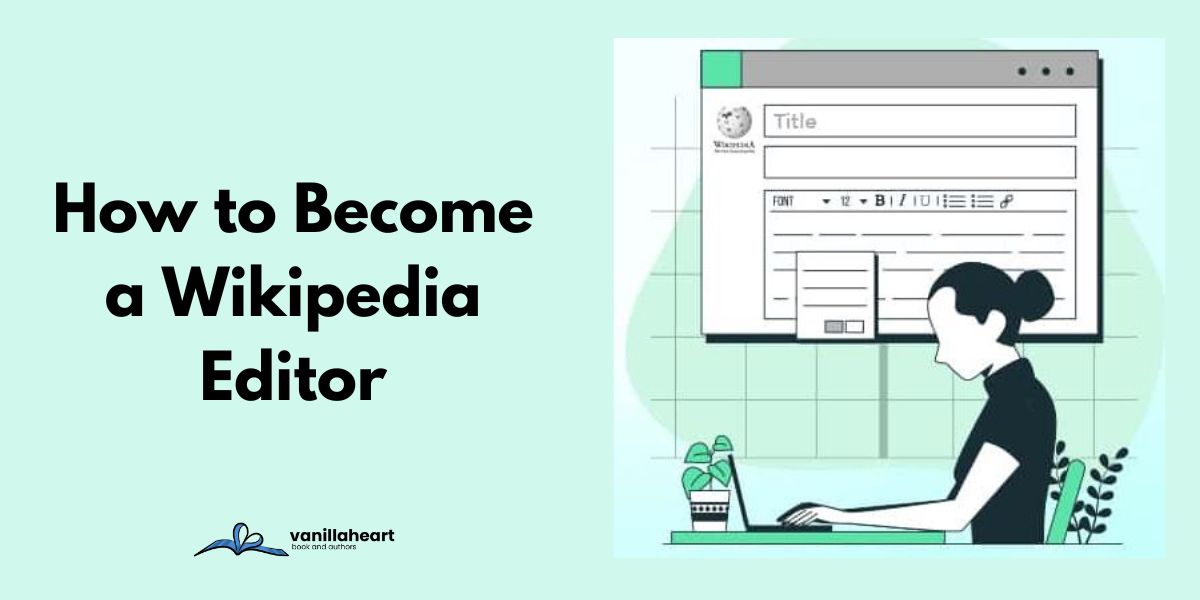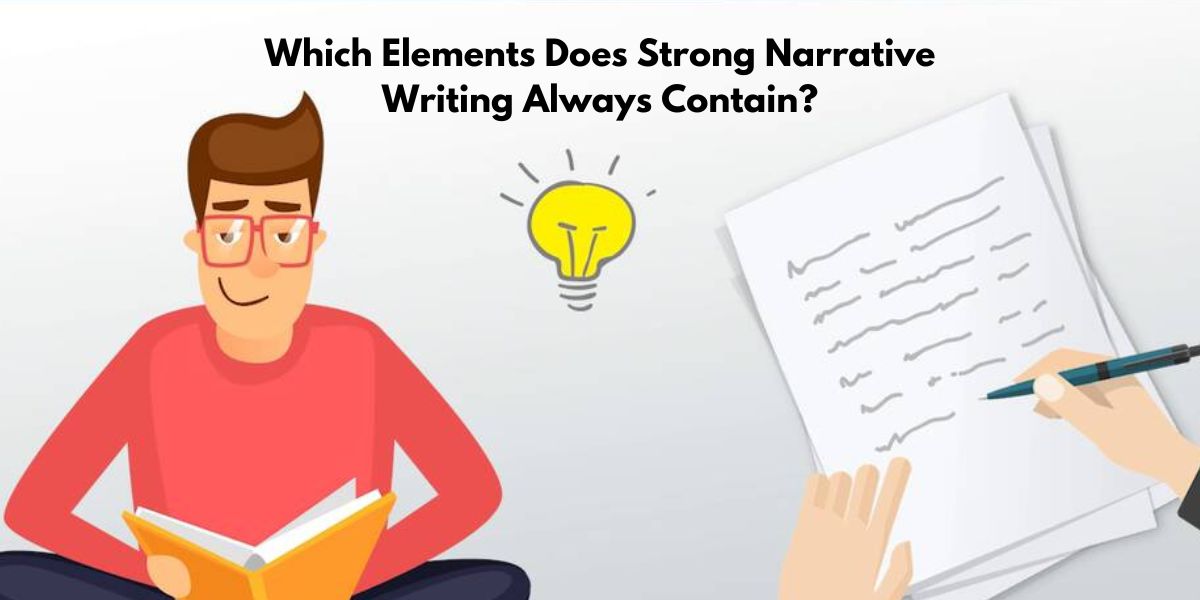
Wikipedia
Everyone has dreamed about editing Wikipedia, but in reality, it is a lot of hard work that demands a lot of dedication and effort.
Becoming a Wikipedia editor is not a one-and-done job; it is an ongoing procedure. The word “editing” refers to revising and improving written work. It is an important part of writing for Wikipedia as a Wikipedia writing service. No work is published until it has been copyedited and reviewed.
Since Wikipedia is often at the top of SERPS, having an author account and keeping it up to date is a great way to market your business.
Different Types of Wikipedia Editors
You can make bigger changes as you move up the editing ranks because you have more power. Most editors use their power for good, but some are out to get what they want. Currently, there are more than 42 million users on Wikipedia who want to become Wikipedia editors.
Here are the different kinds of users on Wikipedia and what they can do:
Non-Registered (IP or Not Logged in) Users:
Can make changes to any page that isn’t locked. When adding outside links to a story, you can’t share files or pictures and must answer a CAPTCHA question.
New (Registered) Users:
This is where a Wikipedia ghostwriter starts after making an account. Registered users can keep track of their contributions, add articles to a list of ones they want to watch, write their articles, and email other users.
Autoconfirmed and Confirmed Users:
This is the next level of writers. Anyone who has had an account for at least four days and made at least 10 changes to Wikipedia is in this group. Users who have been auto-confirmed can usually make articles, move articles, change semi-protected articles, and share files.
Extended Confirmed Users:
An editor’s account is automatically extended and confirmed when it has been around for at least 30 days and has at least 500 edits. These editors can change and add to items protected by extended approved protection. The Content Translation tool can also be used on the English Wikipedia.
On Wikipedia, there are about 59,000 extended confirmed users at the moment.
Administrators:
“Admins” are editors with extra powers. They must apply for the job, and the other editors vote to become Wikipedia editors. It has access to tools that only they can use, such as the ability to delete articles, protect articles, stop and allow people, and change fully protected articles. There are about 1,000 people who run the English Wikipedia.
Bureaucrats:
Bureaucrats are trusted book writers who can add and remove users from the administrator, bot, and interface administrator user groups. They can also add users to the bureaucrat group. When this was written, there were only 19 officials.
Key Steps to Become a Wikipedia Editor
Becoming a Wikipedia editor is a comprehensive career path. Editing is a full-time profession that requires constant focus and diligence. To become a master in their field, editors must endure many hard times and obstacles. Even slight mistakes on Wikipedia are unacceptable.
Editing is a continual process that cannot be completed in a single sitting. To add greater value to the information, editors must continually and frequently update their Wikipedia pages.
Step 1: Find Out More About Wikipedia
Before updating Wikipedia, everyone needs to know as much as possible about it. It seems hard for anyone to know everything there is to know about Wikipedia or anything else for that matter. So, try to get as many people interested as you can, and at the very least, learn the basics of how to use Wikipedia and make a page on Wikipedia.
Step 2: Sign Up for A New Account
Everyone who wants to change Wikipedia has to have an account on the site. Account holders have to be careful about keeping their accounts in good shape. Ensure you don’t break any of the rules of Wikipedia to become a Wikipedia editor. It shuts down access to any account that doesn’t follow the rules.
Step 3: Find Out What’s New
Make sure you are connected to the world if you want to make a change to any page. Check out the latest news or look for what’s happening in the world now. Ensure that the changes you are looking at have not already been made to the page on Wikipedia. If that’s the case, look for more news about that thing so you can change the Wikipedia piece about it.
Step 4: Discover Your Editing Niche(S)
Think about something you already know a lot about. This is the part of Wikipedia where you’ll want to become a Wikipedia editor. There are Wiki projects and Portals with knowledge about everything you can help with.
Editors meet to discuss articles that need work, new articles to add, and other things in these projects. When you find a project that interests you, you can join it and start working with other users.
Step 5: Make Your Introductions
Set up your user page. This is pretty much your Wikipedia details about yourself. Include a short bio, any experience or skill you want to stress, and your goals as an editor.
Step 6: Start Editing
After learning about the website and setting up your account, it’s time to make your first change! Even though starting a new Wikipedia piece right away might be exciting, we suggest starting small first. New Wikipedia pages often can’t be published until they have been reviewed by writers who have been there for a while. Read this before you add a new article to Wikipedia.
Instead, you might want to start with the following kinds of changes:
- Copyedits: Look for word or language problems. This can be made easier with tools like Grammarly.
- Add citations. Wikipedia needs citations from trusted sources. If you add something to a piece, include a source so your change will likely stay. Also, there are a lot of pieces that could use more sources. If you need to, add links.
- Include infoboxes: Infoboxes have important facts and numbers about the story. They give you a quick outline of what you need to know. Adding infoboxes or making them better is a simple way to improve stories.
Step 7: Write A Good Research Paper
Make a well-documented file of your study on the topic you want to change on Wikipedia. When you modify a Wikipedia page, the study paper, referencing “Why do teachers hate Wikipedia“, will help you cite reliable sources and contribute substantiated information to enhance the accuracy and credibility of the content.
Step 8: Change the Page On Wikipedia
After you’ve done all the other steps to become a Wikipedia editor and studied the subject properly, the last step is to edit the page. Ensure that the information you’re putting in is real and has been checked.
It should come from a reliable source and shouldn’t be advertising. Every person who edits Wikipedia, whether an expert or not, has to write in a way that doesn’t sound like they are trying to sell something.
Pros and Cons of Using Wikipedia:
Pros:
1-More knowledge:
Wikipedia can help you find almost any kind of information you need. There is knowledge about different things on the wiki sites.
2. It’s Easy to Use:
You can find the information you need in a matter of minutes. Also, easily find out about new things you have never heard of.
3. Users Can Work Together:
People in different parts of the world can open the same text simultaneously. This makes it much easier for people to become Wikipedia editors and work together on shared data.
4. Multi-Editor Version:
Information on Wiki pages can be changed by anyone who has signed up for Wikipedia. Steps must be taken to ensure that only people who are logged in and have the right to view can change the papers.
5. Controlling the Information:
The wiki software keeps track of every change or update to the information. If wrong information is changed, the program makes it easy to return to the way it was before.
6. Flexible:
The program doesn’t have a set framework so it can be used in many ways.
7. Quickly Accessible Media:
Information is always changed right away, so you don’t have to wait for a certain source to do it.
8. More People Can Use It:
Wikipedia makes it easy for people who aren’t technical to post information on Wiki sites without limits. Wondering about the platform’s sustainability? how Wikipedia makes money is a common question. Despite its vast user-generated content, Wikipedia relies on donations and volunteer efforts, ensuring its accessibility and reliability.
Cons:
1-Lack of Privacy:
Since anyone can change the information on Wikipedia, some private information can get into the wrong hands. This makes it hard to control who can view what.
2. Information That Is Not Well Organized:
Because the framework of a wiki is open, information that is posted can be all over the place.
3- Limited Topics:
Not all information is equally reliable since just a few individuals are responsible for editing the less-popular subjects.
4. Academic Purposes:
The wiki pages cannot be used as a resource for academic study. Students aren’t allowed to use these tools for school.
Conclusion:
By contributing to Wikipedia, you may quickly gain recognition as an expert in your subject. It’s a great place to become a Wikipedia editor and network with other people. It can help you establish yourself as an authority in your field.


